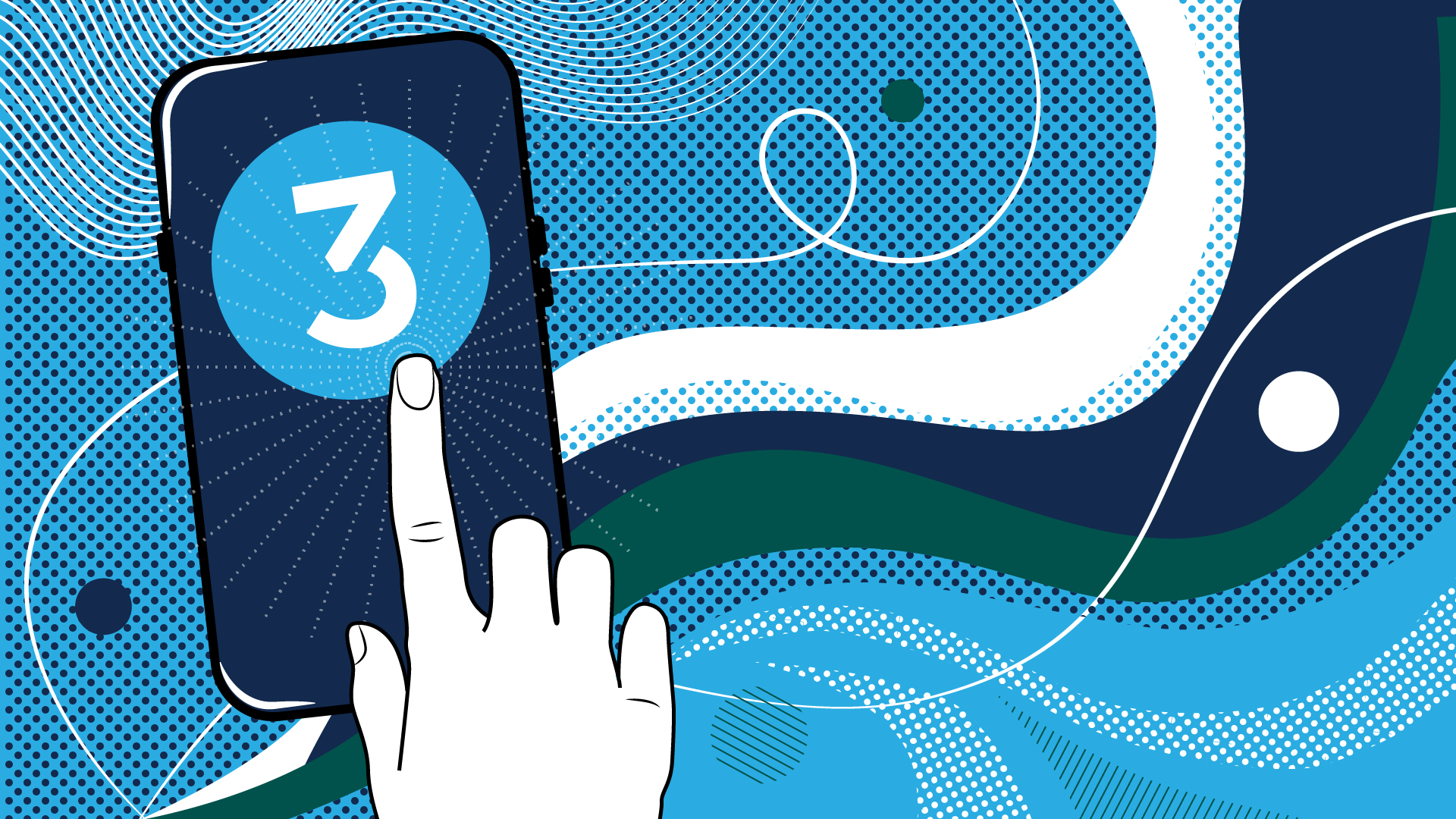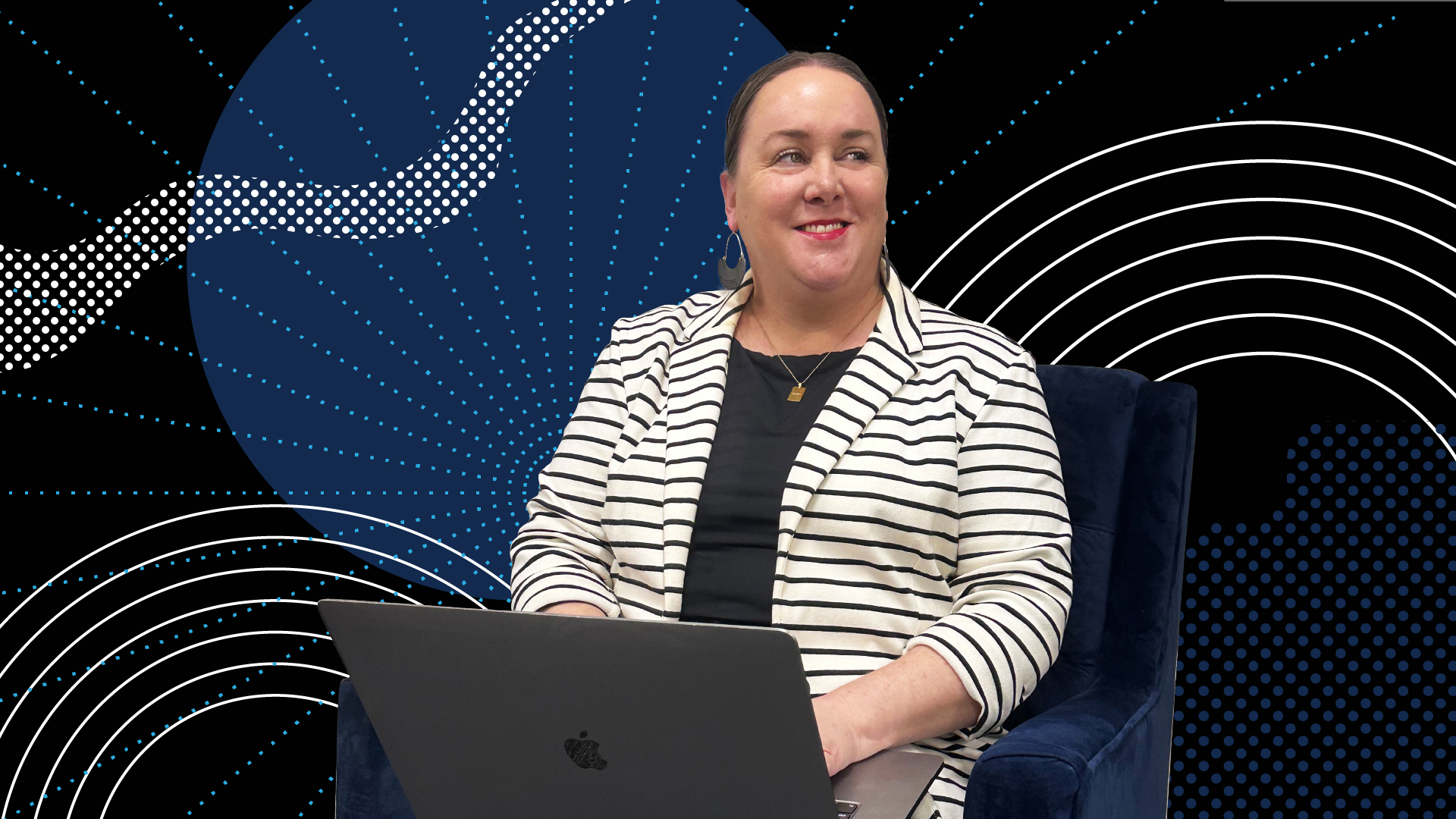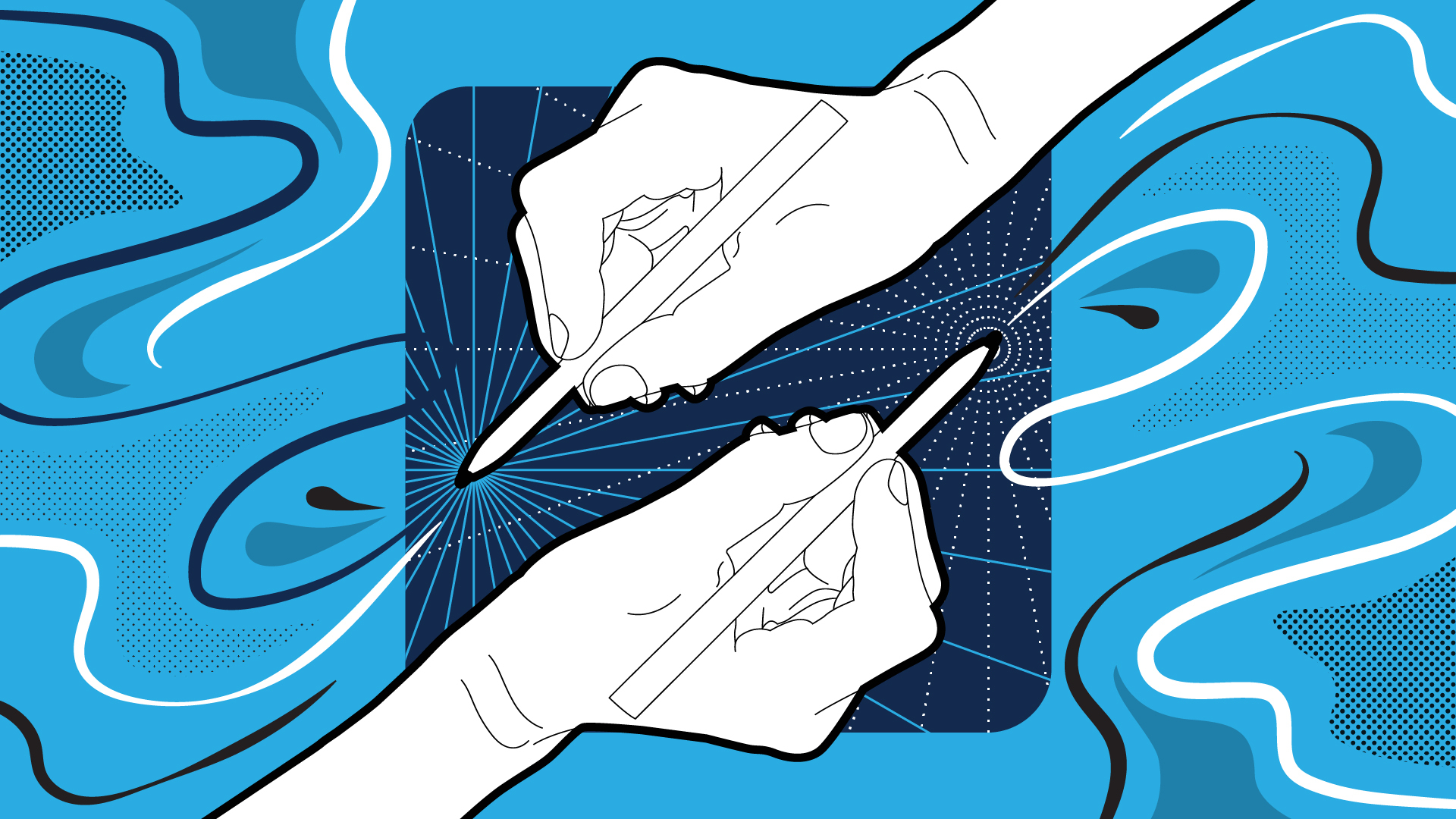That’s right: high school counselors.
High school counselors are responsible for many aspects of student success including charting out the four years of their high school education, helping students discover and explore their passions, and preparing them for whatever post-graduation brings their way. They are often responsible, too, for proactively identifying institutions that make the most sense for their student body when making decisions around college and career education.
After years of working with community colleges, we determined that high school counselors are an often overlooked enrollment marketing opportunity. Many community colleges rely on their outreach teams to make connections to local high school counselors – and many of them do – but they are not solely responsible for nurturing that relationship. Some of the most successful enrollment marketing efforts we’ve been a part of included high school counselors as ambassadors of the campaign, amplifying the creative and messaging to their students and staff, and working hand-in-hand with a community college’s outreach, marketing, and admissions teams.
3fold’s planning team recently partnered with a researcher in Southern California to understand the dynamics at play between high school counselors and community college marketing teams. We were curious to know about the nature of the relationship, the types of information and support offered to each, and how they could better work together to make the student experience of graduating high school and going to a community college seamless.
Yes, you read that right. They’re not looking for additional brochures or flyers with more information. Instead, they want to know the most compelling and competitive advantages a community college can offer their students. This includes financial aid, transfer agreements, cutting edge curriculum, and direct-to-career pathways. Community colleges also often have the upper hand when it comes to flexible and adaptable classroom environments. To better prepare your local high school counselors, make sure you’re equipping them with the talking points a high school student would want to hear, not just what’s in a general brochure.
Do this: Ask high school students what information would make them go, “Wow – I’d never thought about community college like that,” and give that to your high school counselors in an easy-to-read format
Not this: Assume high school counselors will spend time researching your institution to find the most interesting information on their own. They’ve got their hands full!
High school counselors want to share experiences
A large part of a high school counselor’s job is to get students excited for what’s to come. Large schools and private institutions are often able to stir up this kind of excitement through speaking tours, campus visits, swag, and more. Since community colleges have smaller budgets and limited resources, it’s important to think outside the box to find ways to promote the exciting experiences available at your campus. Invite counselors to the ribbon cutting of your new arts building, the inaugural meeting of a new club, the unveiling of a new technology, or a behind the scenes look of a new program you’re building. Chances are they’ll share these exciting scoops with their students after having seen the opportunities first-hand.
Do this: Augment your existing event calendar with a “high school counselor hour” before or after the event so counselors get dedicated time with your teams to hear about your latest projects or to ask questions specific to their students.
Not this: Send an email invite without any context to an event that isn’t pertinent to their school or students.
High school counselors want data
When a counselor is responsible for hundreds of students, it can get hard to juggle the many recommendations they’re making. However, being equipped with data like graduation rates, financial aid awards, transfers, and other compelling statistics make it easier for them to remember the great things your institution is doing for students. Give your local counselors the opportunity to steer students in the right direction by telling a story with your data – the number of BIPOC students you serve (and graduate) per year, the economic impact of your alumni, or the investment your foundation’s made in an innovative program are all unique stories that are both impressive and memorable.
Do this: Create a digest of relevant data to the counselors that tells an easy-to-understand and memorable story. Bonus points if the format can be digitized for easy sharing.
Not this: Send an unformatted excel sheet of raw data about your enrollment numbers, or a list of percentages with no narrative.
High school counselors want storytelling
Not to be confused with our point before, storytelling is the journey you take counselors on to appeal to their needs, emotions, barriers, or desires. This can be a dedicated media campaign, a grassroots activation, internal communications, or a PR blitz. If you determine that high school counselors are a priority audience to include in your enrollment marketing, they’ll require their own creative, messaging, and media or connection points.
Do this: Identify the barriers and motivations in the day-to-day life of a high school counselor and craft your narrative around that. Speak specifically to how your school solves their needs most directly.
Not this: Push out a broad message that doesn’t speak to their pain points or interests.
High school counselors can be crucial levers of action for students seeking to write their futures, and for the community colleges waiting to help them accomplish that. Establishing a relationship enriched with storytelling based in the real-life values today’s students prioritize can make the high school counselor your top recruiter.




